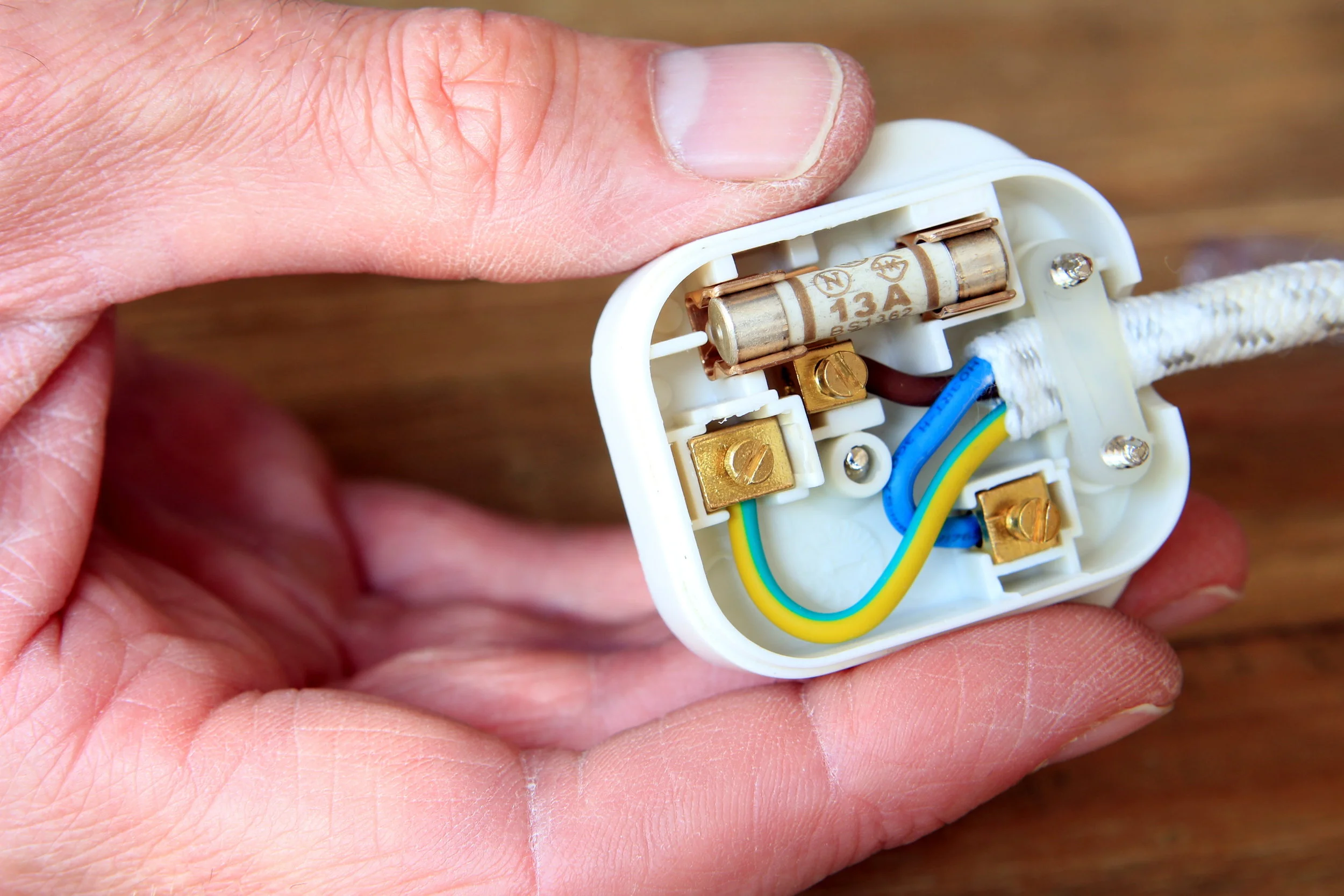WHAT IS PORTABLE APPLIANCE TESTING?
Portable appliance testing (PAT) is the term used to describe the examination of electrical appliances and equipment to ensure they are safe to use. Most electrical safety defects can be found by visual examination but some types of defect can only be found by testing. However, it is essential to understand that visual examination is an essential part of the process because some types of electrical safety defect can’t be detected by testing alone.
A relatively brief user check (based upon simple training and perhaps assisted by the use of a brief checklist) can be a very useful part of any electrical maintenance regime. However, more formal visual inspection and testing by a competent person may also be required at appropriate intervals, depending upon the type of equipment and the environment in which it is used.
I'VE BEEN TOLD THAT BY LAW I MUST GET MY PORTABLE APPLIANCES TESTED
That’s not true, However...
The Electricity at Work Regulations 1989 require that any electrical equipment that has the potential to cause injury is maintained in a safe condition. However, the Regulations do not specify what needs to be done, by whom or how frequently (ie they don’t make inspection or testing of electrical appliances a legal requirement, nor do they make it a legal requirement to undertake this annually).
PAT Testing is good practice is to protect yourselves from liability in a court of law. If somebody was injured due to faulty electrical appliances in the work place it would help to show documentation that you had undertaken everything that was practically possible to keep a safe working environment.
HOW FREQUENTLY SHOULD YOU TEST YOUR APPLIANCES?
There are industry guidelines that we work from, they state...
The frequency of inspection and testing depends upon the type of equipment and the environment it is used in. For example, a power tool used on a construction site should be examined more frequently than a lamp in a hotel bedroom.
For guidance on suggested frequencies of inspection and testing, ask any of our members of staff and we can make a personalised schedule based on your type of business environment and the equipment you wil likely use.
SHOULD YOU KEEP RECORDS OF TESTING OR LABEL APPLIANCES?
There is no legal requirement to label equipment that has been inspected or tested, nor is there a requirement to keep records of these activities. However, a record and / or labelling can be a useful management tool for monitoring and reviewing the effectiveness of the maintenance scheme and to demonstrate that a scheme exists.
The HSE and certain insurance companies do request proof of testing, so our in-depth testing and records are perfect to keep them satisfied that you are aware of the safety of your staff and visitors.
SHOULD YOU TEST NEW EQUIPMENT?
You should not need to, however...
New equipment should be supplied in a safe condition and not require a formal portable appliance inspection or test. However, a simple visual check is recommended to verify the item is not damaged.
Although rare, new items can have faults that are only evident upon checking. Our usual practise is to test all items in the premises, new or old.

